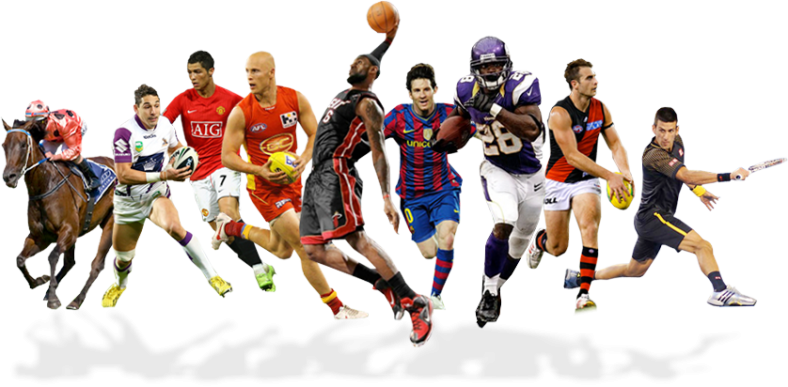To say that social networking is a pretty big deal across the UK and the world right now would be a bit of an understatement to say the least. In fact, not since the web first got up and running has there been such a monumental revolution in the way we communicate, interact and generally go on with our lives – social networking has changed the world.
But at the same time, there’s also been a rather glaring gap in the market for something equally sought after and potentially revolutionary. While there have always been plenty of fantastic dedicated sporting sites for players and fans alike, there were none that could have been considered genuine sports networking sites. Of course, the was a gap in the market that wasn’t going to stay unfilled forever which is why as of 2015, the phenomenon that is the sports network site is alive, kicking and accelerating by the day.
So for those new to the idea in general, what follows is a brief rundown of the ins and outs as to how the idea works and why it’s important.
How it Works
Covering how the principle works to start with, the best way to look at it is quite literally as a version of something like Facebook though dedicated to those with a passion for sports. While Facebook was established for people to build and maintain social connections, sports social networks are all about connections based on an interest in sports. The services are free for people to sign up and it’s then a case of building your profile for others to see. Once up and running, you can look through the archives of other sports fans and players that have signed up, while at the same time being found and reached out to by others.
Selective Searching
What’s really useful about these new services is the way in which they enable members to target their searches for like-minded people in a variety of ways. Say for example you were living in Sheffield, playing tennis at an intermediate level and were looking for someone to join a game you were putting together – it would be as easy as using these criteria to find only those who ticked all the right boxes from top to bottom. As such, it’s a fantastic service for those looking to get involved in sporting events as opposed to simply watching or talking about any given events.
Pure Gold for Organisers
While sports social networks are great for players and sports fans, they’re something of a wholly unique godsend for event organisers. Regardless of where you are based or what type of event you’re trying to put together, actually assembling the teams can be nothing short of a nightmare. Not only do you need to pull together large numbers of people, but there’s always the prospect of last-minute dropouts making it necessary to rush others in to take their place.
With sports social networking, event organisers are able to dip into a ready-made pool of sports fans and players spanning the whole of the country, many of whom are just itching to get involved in a game or two. This cuts down not only the effort and time necessary to pull together the teams, but also reduces the likelihood of events being cancelled due to insufficient player numbers.
All Sports at All Levels
Something else that’s great about these networks is the way in which they allow for meaningful connections to be made among fans and participants of all sports at all levels. It can often be difficult finding those who share your interests and it’s always intimidating to be placed among a group of those with far more experience than you.
Fancy trying out boxing for the very first time? You’ll find a ton of first-timers just like you. Looking to take your squash skills to a professional level? So are plenty of others, so why not get in touch with them and organise a few sessions? Whatever you do or want to do and at whatever the level, you’ll find a way of doing it using these networks.
Supremely Social
Last up, it’s of course important to remember that the social side of sporting activities and events usually turns out to be more fun than anything else across the board. Taking part and competing with others is great, but nothing matters more than the meaningful relationships you build with like-minded people along the way.
When it comes to sports social networks, it’s not about building huge lists of online-only ‘friends’ – it’s about building the kinds of social bonds that matter.

